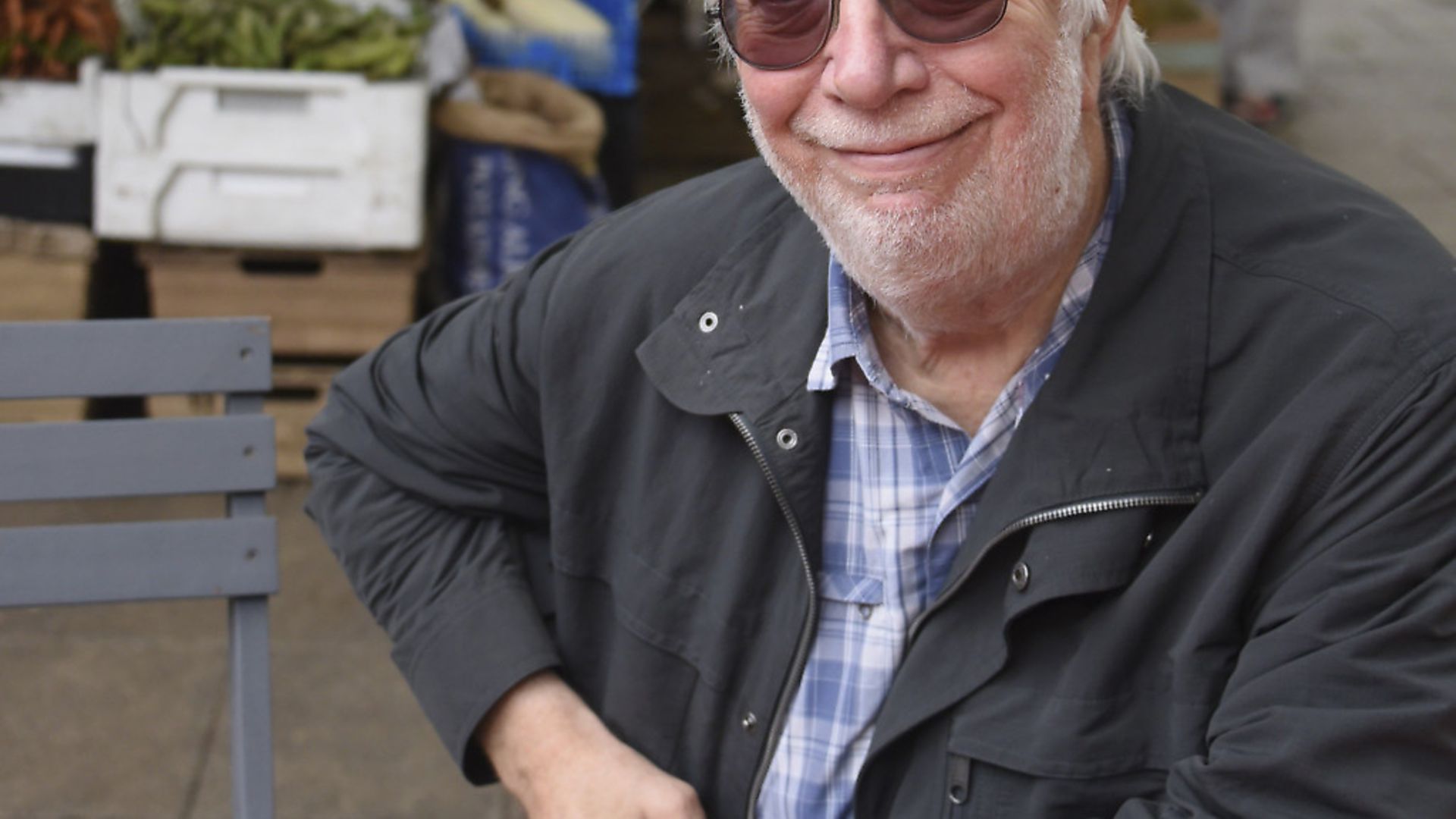
PETER TRUDGILL on some familiar celebratory Balkan phrases, and how they reflect the region’s complex linguistic history
Macedonia is a geographical term which refers to an area of the southern Balkans. For some centuries, the region was part of the Ottoman Empire, ruled by the Turks from Constantinople. It contained a mixed and varied population of Orthodox Christians, Muslims, and Jews. There were also speakers of many different languages in the region: South Slavic varieties, variously referred to as Serbian, Bulgarian, Macedonian, and Slavo-Macedonian; Greek; Turkish; Albanian; and the Romani of the Gypsies.
There were also two groups of speakers of Romance languages, descended from Latin. The first group, often known as Vlachs, spoke a Balkan language which linguists call Aromanian. The second group, consisting of Jews who had arrived in the Ottoman Empire after being expelled from Spain and Portugal in 1492, used a language known as Ladino or Judeo-Spanish.
In 1912 the armies of the by now independent states neighbouring on Macedonia – Greece, Bulgaria and Serbia – combined to attack the Ottoman forces in Macedonia, eventually forcing their withdrawal. There was further fighting, but in the end the Macedonia region was partitioned between the victorious states, with Albania also becoming an independent nation. Borders in the area were not fully drawn until after the First World War, and these were decided in part militarily – on the basis of who had managed to seize and hold which areas by when. Little consideration was given to human factors, such as language background.
The largest portion of the region (about 50%), called Aegean Macedonia, went to Greece; the next largest, Vardar Macedonia, was allotted to Serbia (and thence subsequently to Yugoslavia); a smaller area, Pirin Macedonia, went to Bulgaria; and a tiny portion was awarded to Albania.
Today Varda Macedonia is a small independent nation of two million known as North Macedonia. About a quarter of the inhabitants are native Albanian speakers, but the majority, about two-thirds of the population, speak the South Slavic language most of us call Macedonian. Some Bulgarians don’t like this name – they regard the language as a dialect of Bulgarian; and some Greeks don’t like it – for them the term Macedonian means the Greek spoken in Aegean Macedonia.
In 1912, though, fewer than half the people living in Aegean Macedonia were Greek speakers, and most of them lived in the coastal areas, while the rest of the population were mostly Slavic speakers.
The capital city of Aegean Macedonia is today called Thessaloniki in Greek. It was formerly a very important centre of Sephardic Jewish culture: the largest single linguistic group in 1912 were the Ladino-speaking Jews, who called the city Salonika. Its name in the South Slavic languages is Solun, and it was formerly also an important centre of South Slavic culture. Indeed, many other northern Greek towns also have Slavic as well as Greek names – Flórina is Lerin, Kastoriá is Kostur – and Slavic speakers.
Some South Slavs these days have a drinking toast: Solun e nash! (‘Salonica is ours!’) In the northern Balkans, the Slovenes have a similar toast: Trst e naš (‘Trieste is ours’) – in 1910 a quarter of that city’s population were Slovene speakers.
The Greeks, too, have a similar saying: Kai tou chrónou stin Póli! (‘And next year in the City!’ – where the City means Istanbul). For very many centuries, there was no more important centre of Greek language and culture than Constantinople; and even in 1914, around a quarter of the population were Greeks.
The Slovene toast about Trieste is one of those jokes which is not entirely a joke, but in the context of the EU, the Italians are not going to worry very much about it. The toasts about Salonica and Istanbul have also lost much of their bite in recent decades, but we must hope for further progress. What would help would be a Europe which was increasingly less national; and increasingly more rational
Polis
The Ancient Greek word pólis meant city or city-state. The modern Greek word is póli. Metropolis originally meant ‘mother city’, from Ancient Greek méter, ‘mother’. Megalopolis comes from Greek megálo, ‘big’, while Acropolis contains the Greek form ácro-, ‘highest’. The word politics comes ultimately from polítis, ‘citizen, city dweller’.










